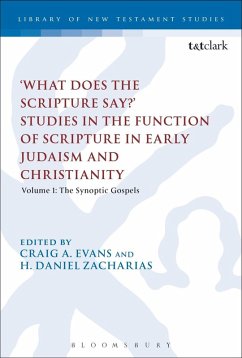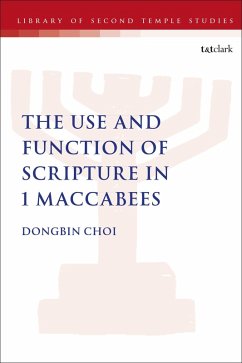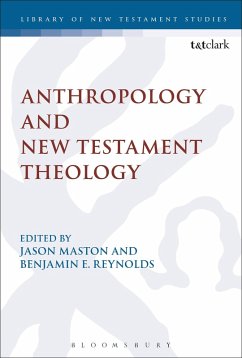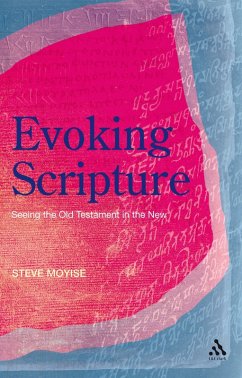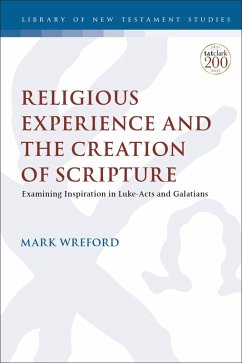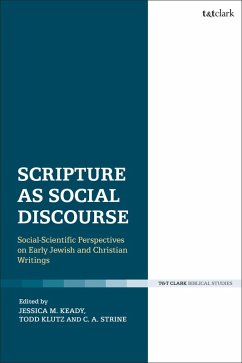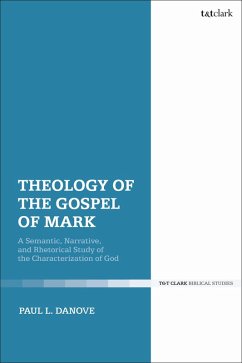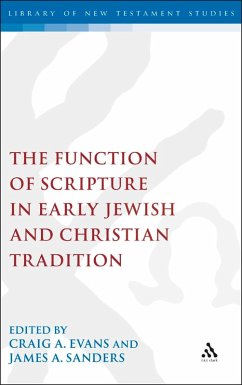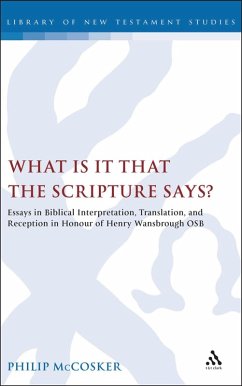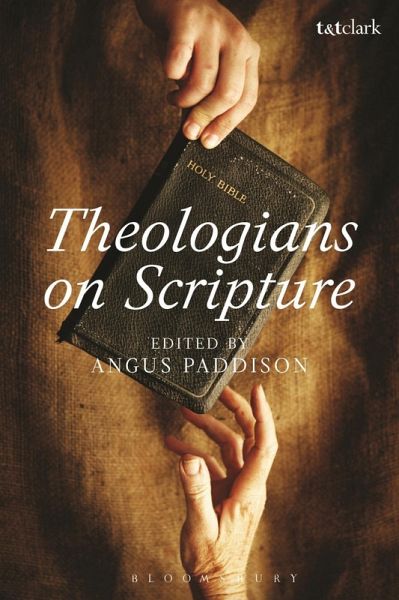
Theologians on Scripture (eBook, PDF)

PAYBACK Punkte
15 °P sammeln!
The movement that is known as 'theological interpretation of Scripture' reminds us that the reading and exegesis of Scripture is an indispensable part of the theologian's work, not to be reserved to biblical scholars alone. This insight that the reading of Scripture is a theological responsibility is always at risk of being eclipsed by the modern disciplinary divisions between biblical studies, historical theology, and systematic theology. Intended as a contribution to the theological re-engagement with Scripture, this book invites a range of high-profile systematic and constructive theologian...
The movement that is known as 'theological interpretation of Scripture' reminds us that the reading and exegesis of Scripture is an indispensable part of the theologian's work, not to be reserved to biblical scholars alone. This insight that the reading of Scripture is a theological responsibility is always at risk of being eclipsed by the modern disciplinary divisions between biblical studies, historical theology, and systematic theology. Intended as a contribution to the theological re-engagement with Scripture, this book invites a range of high-profile systematic and constructive theologians to reflect on the role that the reading and interpretation of Scripture plays in their theological work, both professionally and more personally. Spanning a cross-section of theological perspectives contributors reflect on the role of tradition in their reading of Scripture, the company they view as indispensable in their engagement with the text, the place of historical critical study and biblical studies, and the significance of their context. The book will be valued by all those who care for the place of Scripture in theology and the life of the church, as well as those who want an insight into the state of contemporary theology.




